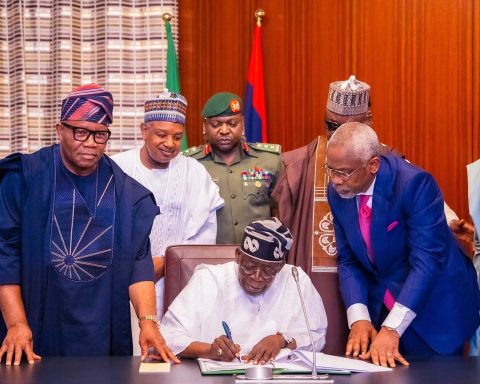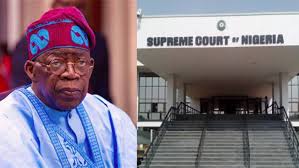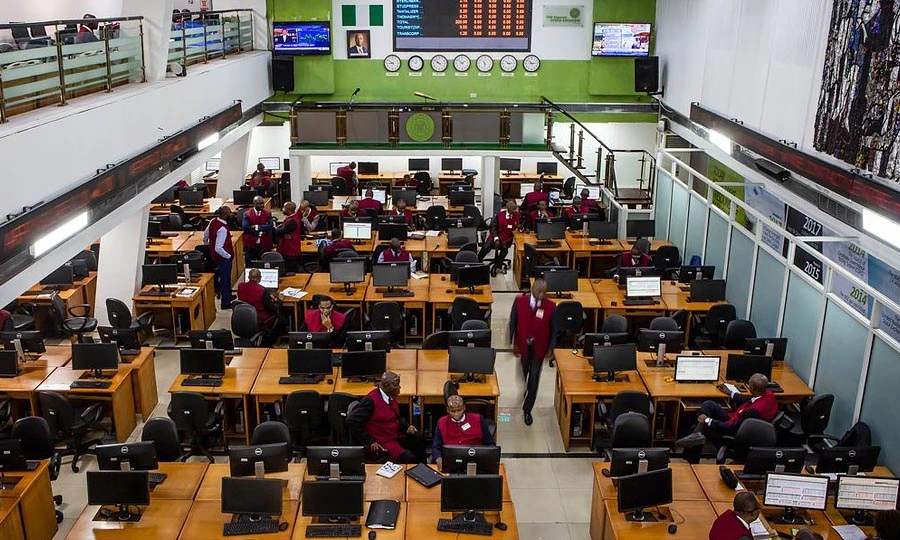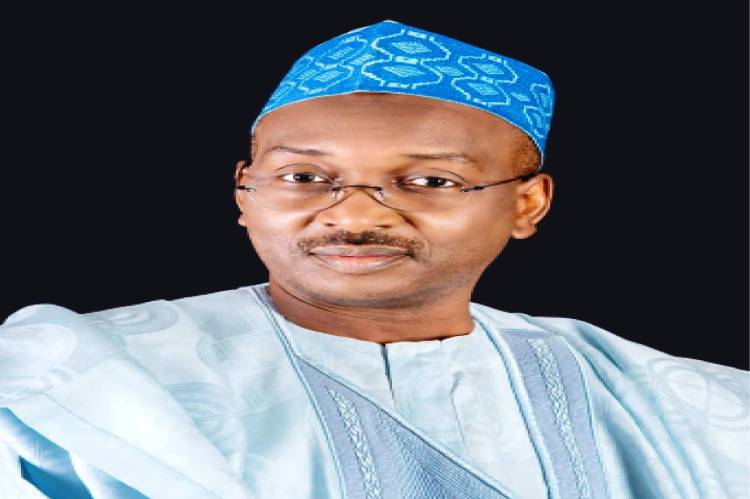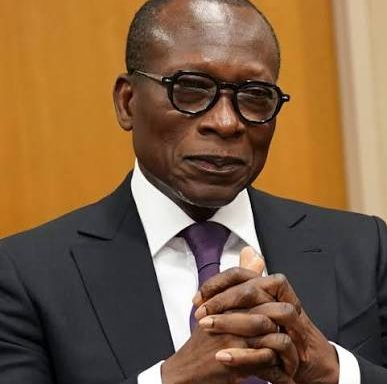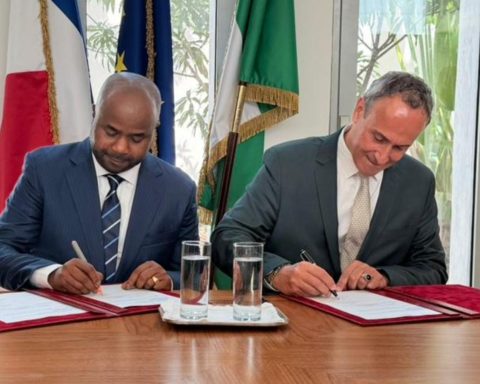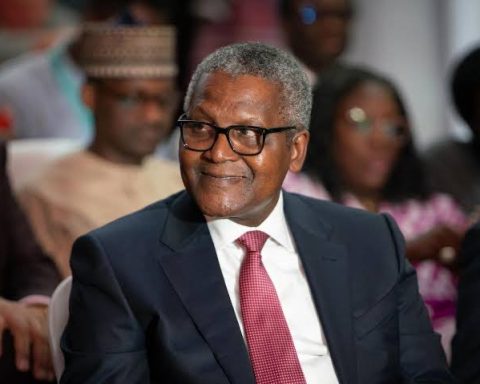Governance: Promises vs. Reality
The 2023 elections were a pivotal moment for Nigeria. Citizens were promised change and new leadership across the nation. President Bola Ahmed Tinubu campaigned on a platform of “Renewed Hope,” vowing to tackle insecurity, revitalize the economy, and combat corruption. State governors and local officials, from Lagos to Kano, made similar lofty promises, crafting detailed manifestos with the help of political strategists.
But now, the time for governance has arrived. The campaigns are over, the elections decided, and the first year in office has passed. Nigerians are asking, “Where are the results?”
Join our WhatsApp ChannelGovernance: The Reality of Governance in Nigeria
“Excuses must now take backstage,” said political analyst, Tunde Adeyemi. “The people need to see these manifestos come to life, not just on paper, but in their everyday lives.”
Yet, the first year under these new leaders has been challenging for many Nigerians. Despite promises of economic revival, the naira has been devalued by nearly 300 percent, inflation has soared, and insecurity remains a pressing issue. The removal of the fuel subsidy, once framed as a necessary reform, has left many struggling to cope with skyrocketing living costs.
“One year after the elections, what do we see?” asked Adeyemi. “Super-highways and renovations at the Vice President’s Lodge, while over 100 million Nigerians are living in economic depression.”
READ ALSO: Why Nigeria’s Economic Woes Are An Unforgivable Failure of Leadership, Governance
Governance: The Role of State and Local Governments
Governance is not just a federal responsibility. State and local governments control 47 percent of national allocations, yet their impact is often overlooked. As Nigerians focus on the actions of the President, state governors, and local councils wield significant power and resources. The recent devaluation of the naira has led to increased allocations for these sub-national governments, but many citizens are still waiting for tangible improvements in their lives.
“Nigerians need to start paying attention to what’s happening at the state and local levels,” said civil society activist Amina Usman. “The governors and local councils must complement federal efforts if we are to see real development.”
The Supreme Court’s grant of Local Government Autonomy means that these local bodies are now more accountable than ever. “With autonomy comes responsibility,” Usman added. “Nigerians will demand more from their local representatives, and rightly so.”
Governance: A Call to Action
The first year of this administration has been socio-economically abysmal for many. The need for action is urgent. Priorities must shift towards addressing insecurity, ensuring farmers can safely return to their lands, and conducting a long-overdue, technology-driven population census.
“Knowing people with low-income, why they are poor, and what they need is crucial for planning,” said Dr. John Okonjo, an economist. “Our leaders must invest in research and innovation to build a better future.”
Investment in education and healthcare is also essential. “Our national budget should reflect our development priorities,” Okonjo emphasised. “People build institutions, and those institutions, in turn, build society.”
Governance: The Clock is Ticking
As the 2027 elections loom, political leaders at all levels must take governance seriously. History has shown that politicians often perform their best during their first term, only to lose focus during their second, engaging in power struggles and wealth accumulation.
“The political wrath from Nigerians at the ballot is waiting in 2027,” warned Adeyemi. “Patience has been stretched thin, and the demand for good governance could erupt sooner than expected.”
The recent nationwide protests by disgruntled youths signal that the public’s tolerance for failed promises is waning. “Leaders who can’t manifest their manifestos should step aside,” Adeyemi concluded. “Is it too much to ask for what was promised? Certainly not.”
Emmanuel Ochayi is a journalist. He is a graduate of the University of Lagos, School of first choice and the nations pride. Emmanuel is keen on exploring writing angles in different areas, including Business, climate change, politics, Education, and others.




